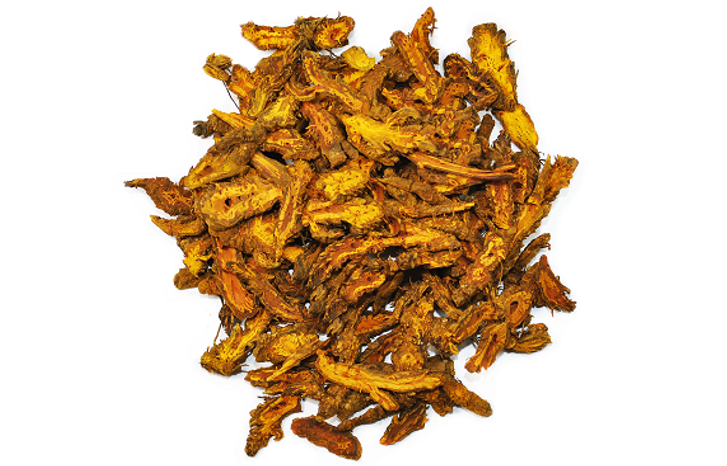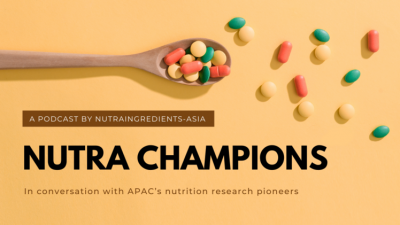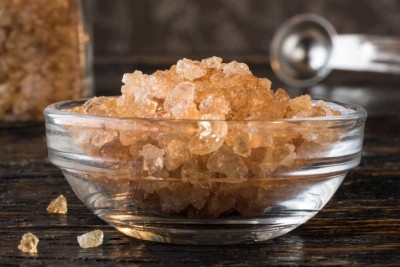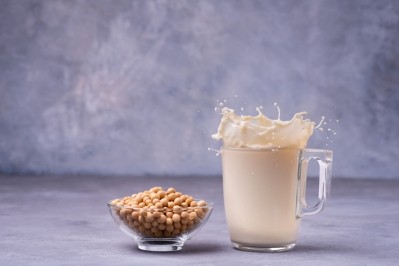Berberine supplementation lowers total cholesterol but increases testosterone in men – 12-week RCT

There was also a reduction in low-density lipoprotein (LDL) cholesterol from the trial.
Berberine is used widely in TCM and ayurvedic medicine and is thought to benefit the cardiovascular system through its anti-lipidemic, anti-inflammatory properties.
It is highly concentrated in the roots, rhizomes, and stem bark of several plants such as coptis chinensis (known as huanglian in TCM) and goldenseal.
Writing in Nutrients, researchers from The University of Hong Kong said that berberine supplementation was a promising treatment for lowering cholesterol based on observations from a 12-week RCT.
Eighty Chinese men between 20 and 65 years old with hyper-lipidemia completed the trial.
Hyper-lipidemia refers to having a triglycerides level that is greater than 150mg/dl, total cholesterol greater than 200mg/dl, and/or LDL-cholesterol greater than 100 mg/dl.
They were randomised to take either 500mg of berberine tablets twice per day or placebo.
Risk factors of cardiovascular diseases including lipids, thromboxane A2, blood pressure, body mass index (BMI), waist–hip ratio, and testosterone levels were measured before the trial and during week eight and 12 of the trial.
Results showed that those who took berberine had significantly greater reduction in their total cholesterol levels.
At week 8, the total cholesterol level of the intervention group dropped from the baseline of 5.4 mmol/L to 4.6 mmol/L, while that of the placebo group also reduced from 5.5 mmol/L to 5.1 mmol/L.
At week 12, total cholesterol level further dropped to 4.9 mmol/L for the intervention group but rebounded to 5.4 mmol/L for the placebo group.
The intervention group also saw their high-density lipoprotein (HDL) cholesterol level went down from the baseline of 1.17 mmol/L to 1.13 mmol/L at week 12.
In contrast, the HDL cholesterol level went up from 1.21 mmol/L to 1.24 mmol/L in the placebo group.
However, when the generalised estimating equation (GEE) model was used to analyse the results, the intervention group displayed a reduction in total cholesterol level but not in the HDL cholesterol level.
In addition, the GEE model also showed a reduction in LDL-cholesterol and an increase in testosterone levels.
“Our findings are consistent with previous studies showing a beneficial effect of berberine on total cholesterol and possibly LDL cholesterol.
“The reduction in HDL cholesterol might have occurred by chance at 12 weeks after treatment because it was not evident when using information at both 8 and 12 weeks, which needs replication,” said the researchers.
No effects on BMI and BP
The supplementation of berberine however did not lead to differences in BMI, blood pressure, as well as thromboxane A2 and waist–hip ratio between the intervention and placebo groups.
“This RCT in men suggests that berberine affects CVD risk factors by lowering total cholesterol, as well as possibly lowering LDL cholesterol and increasing testosterone.
“Differences in triglycerides, blood pressure and adiposity between the groups were not statistically significant, which is less consistent with some systematic reviews and meta-analyses of RCTs, although the direction of effects were consistent.
“It is also possible that our study was conducted in men without established coronary heart disease or diabetes, whilst berberine may have more obvious effects on CVD risk factors in people with CVD and/or diabetes,” the researchers explained.
As such, they recommended to replicate the RCT using a larger sample size and assess a wider range of lipids, particularly apolipoprotein B (apoB), which is increasingly thought to be the key lipid relevant to higher risk of CVD.
No serious adverse event was reported with berberine supplementation from this trial.
The study was supported by the Health and Medical Research Fund, Food and Health Bureau, Hong Kong SAR Government.
Berberine’s differing effect on men and women
This trial showed that berberine supplementation did not lower testosterone in men, but increased testosterone levels based on the GEE model.
This is in contrast to the effects seen in women, where berberine supplementation was found to reduce testosterone according to existing studies.
“Our study examined the effect of berberine on testosterone and thromboxane A2 in men for the first time, which may also serve as a reference for future studies on sex-specific effects of berberine,” said the researchers.
Source: Nutrients
Effect of Berberine on Cardiovascular Disease Risk Factors: A Mechanistic Randomized Controlled Trial
https://doi.org/10.3390/nu13082550
Authors: Jie V. Zhao et al



















